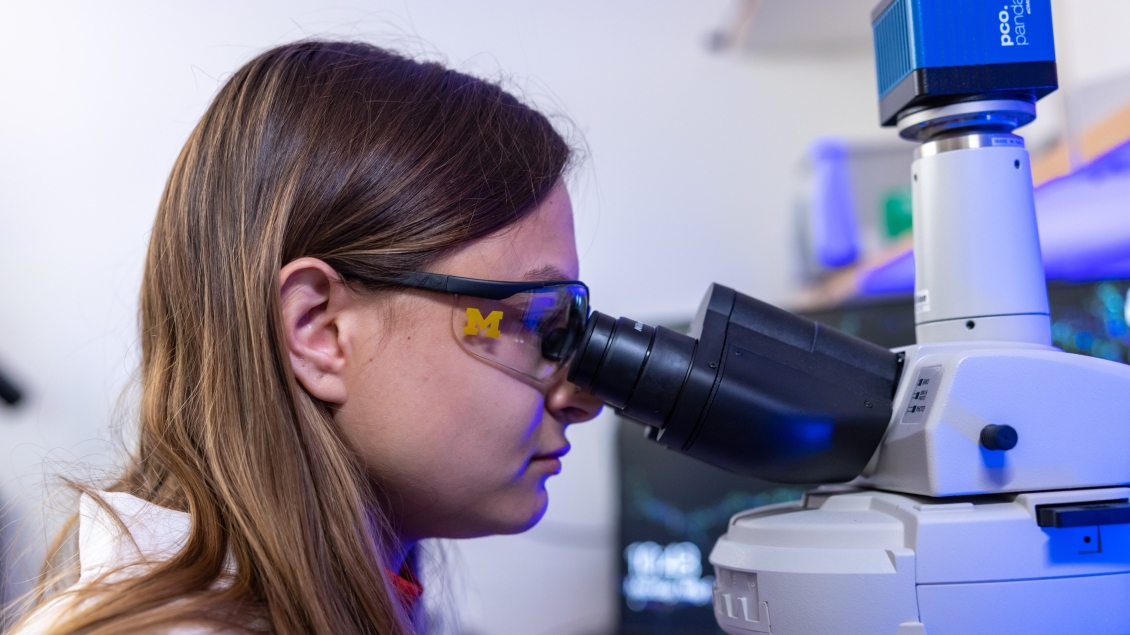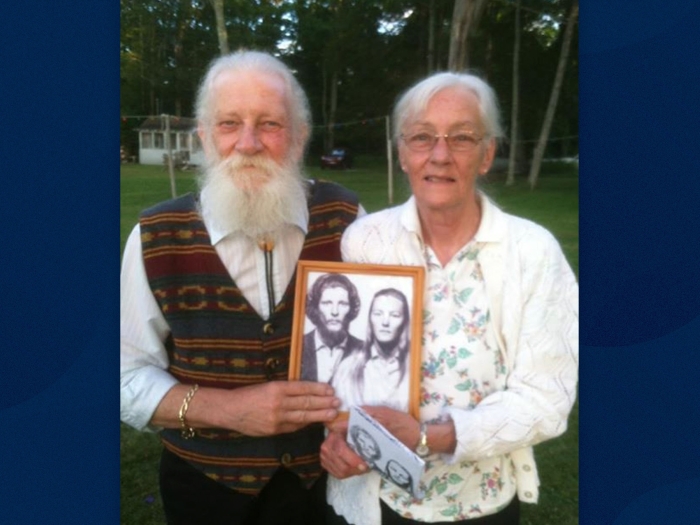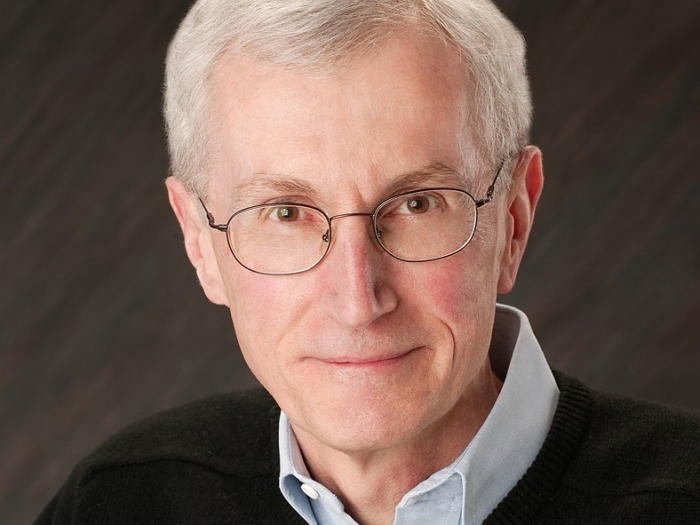
Expand Your Knowledge
With the excellent infrastructure and formal training that our programs provide, you will be well on your way to a successful career in clinical or basic research.
Clinical Neuroscientist Training
There is an increasing gap between our ability to treat neurologic diseases and our growing understanding of normal and diseased nervous system functions. The Clinical Neuroscientist Training Program is a NIH sponsored program aimed at accelerating the career development of clinician-scientists.
Learn about the Clinical Neuroscientist Training Program
Clinical & Basic Neuroscience Training
This mentored research training program in basic and clinical neuroscience has been funded continuously by the NIH/NINDS since 1982. The continued success of this research program is founded on providing comprehensive research training and mentoring to both PhD's and MD's interested in uncovering and/or targeting molecular mechanisms associated with diseases affecting the nervous system.
Learn about the Clinical & Basic Neuroscience Training Program





